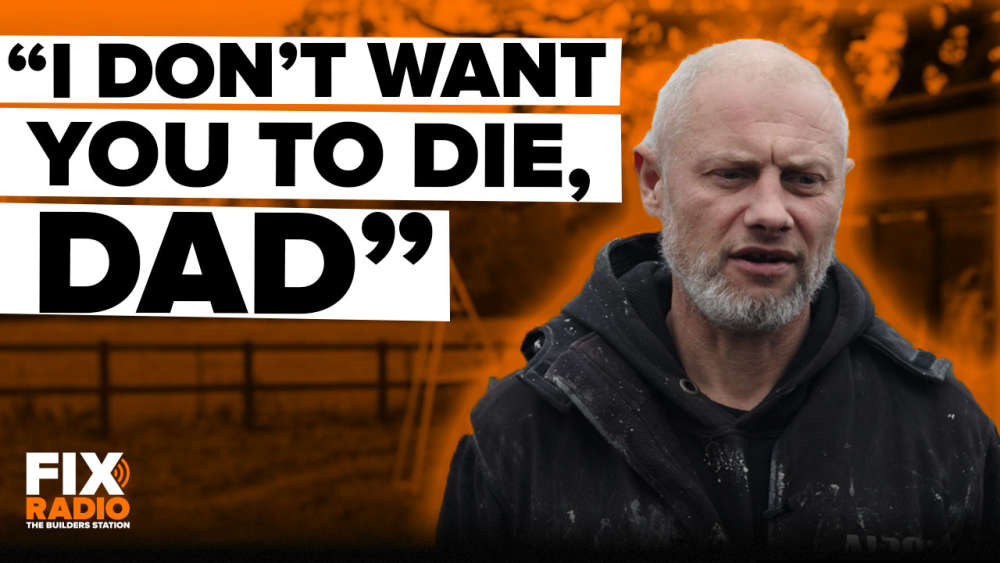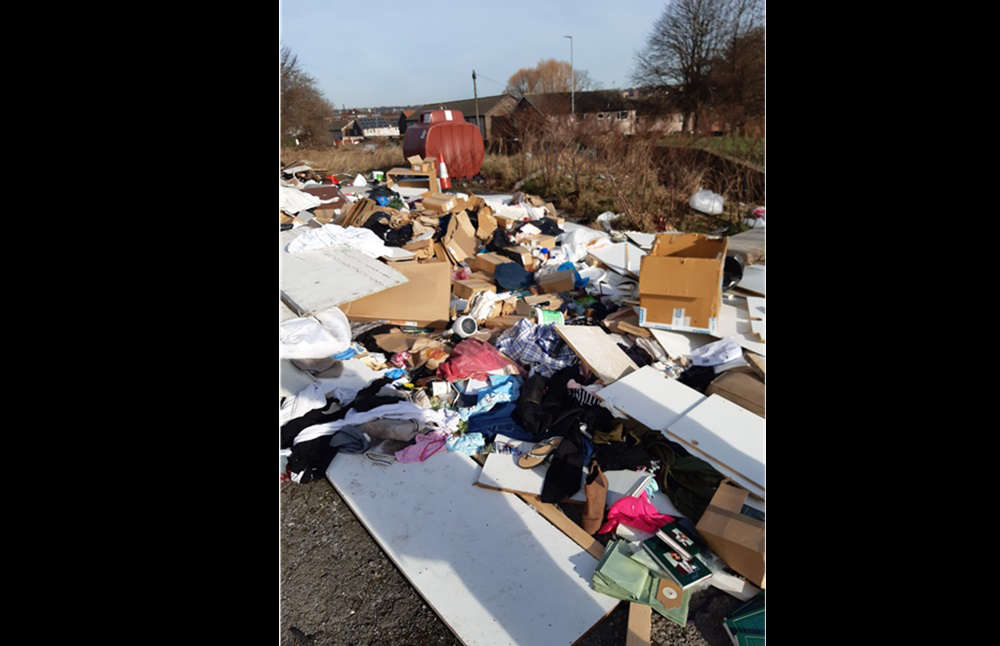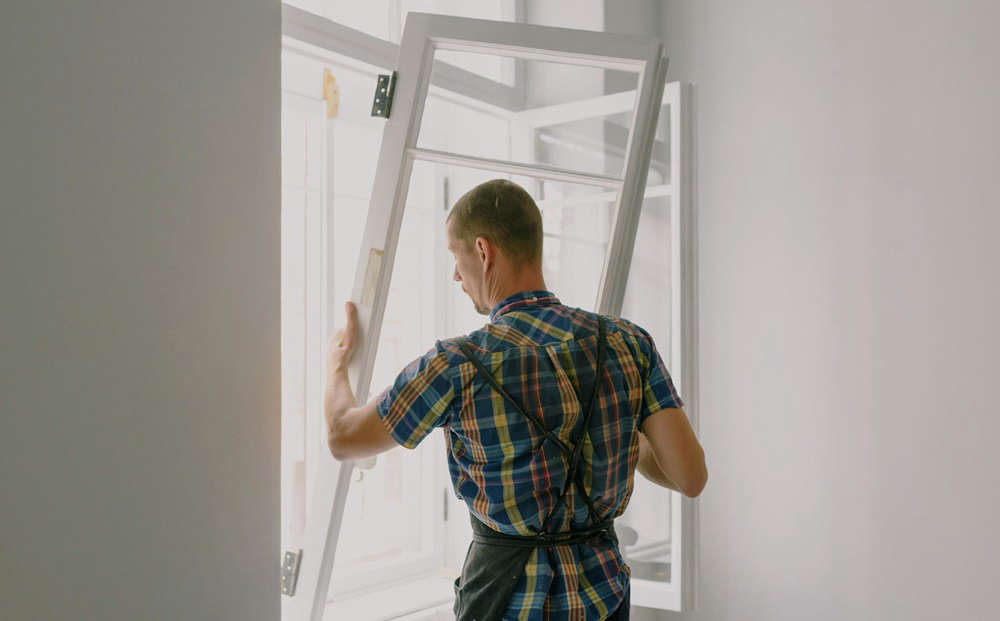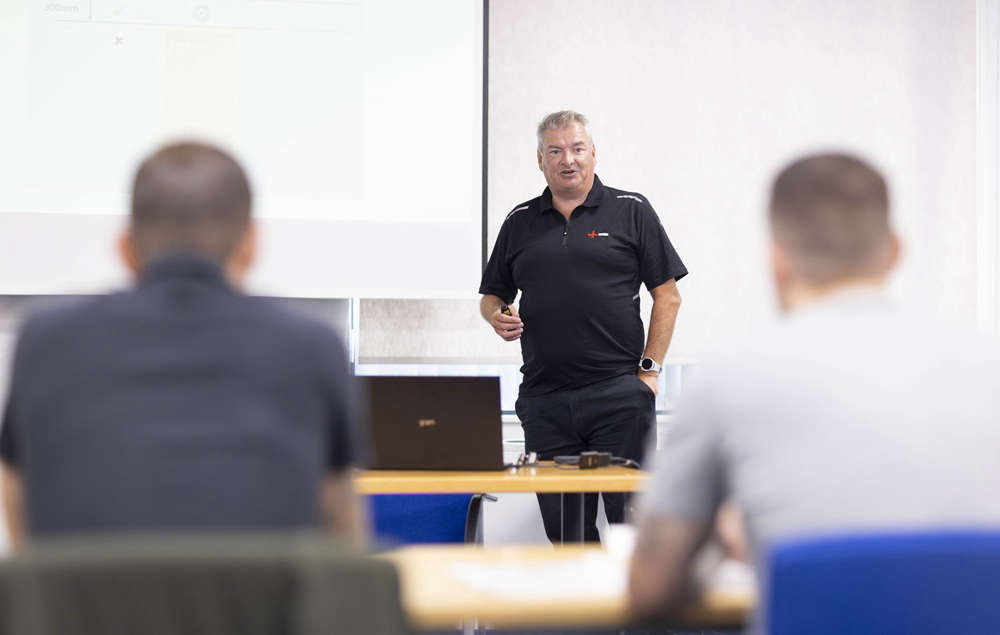
Tradespeople are being advised to take greater care and consideration when driving in adverse conditions
Temperatures have dropped significantly in the UK, with snow and ice warnings issued for some parts of the country.
Tradespeople are being cautioned to take greater care and consideration when driving in adverse conditions.
There are also winter fines to watch out for, with additional rules in place in cold and icy weather to keep drivers safe.
Car rental comparison site DiscoverCars.com has put together these tips on how to drive safely as the weather changes, to make the experience less stressful.
Watch out for winter fines
- You could be fined £20 if you leave your engine running while defrosting your car on a public road. The fine rises if not paid within 28 days. You should also make sure your entire windscreen is clear of snow or ice – only clearing a small part or ‘porthole’ to look through may result in a fine of £60, potentially rising to £1,000.
Check your route ahead of time
- Before setting off this winter, it’s essential to check the weather conditions on your route.
Prepare an emergency kit
- Put together a breakdown kit of everything you may need should you break down in the winter months.
Slow down
- One of the most important things to remember when driving in snow or ice is to reduce your speed. Maintain a sturdy grip on your steering wheel and move forward at a slow and steady pace
Navigate bends carefully
- When approaching a bend, it’s best to brake before you start turning your wheel. If your car loses grip when doing this, firstly, don’t panic. Keep your hands on the steering wheel and take your foot off the accelerator.
Check your tyres.
- Before you head out, remember to check your tyre tread. If your tyres are worn, this can stop your car from being able to grip the road properly, and put you at risk of aquaplaning.




 Landfill tax will not enable the circular economy: NFB
Landfill tax will not enable the circular economy: NFB
 AUDIO NEWS: Robert Jenrick calls on councils to fight tool theft and half of Brits hate avocado bathrooms
AUDIO NEWS: Robert Jenrick calls on councils to fight tool theft and half of Brits hate avocado bathrooms
 Study shows homeowners are avoiding retrofitting due to high costs
Study shows homeowners are avoiding retrofitting due to high costs
 Electrical contractors in North Wales offered 50% funded low-carbon training
Electrical contractors in North Wales offered 50% funded low-carbon training






